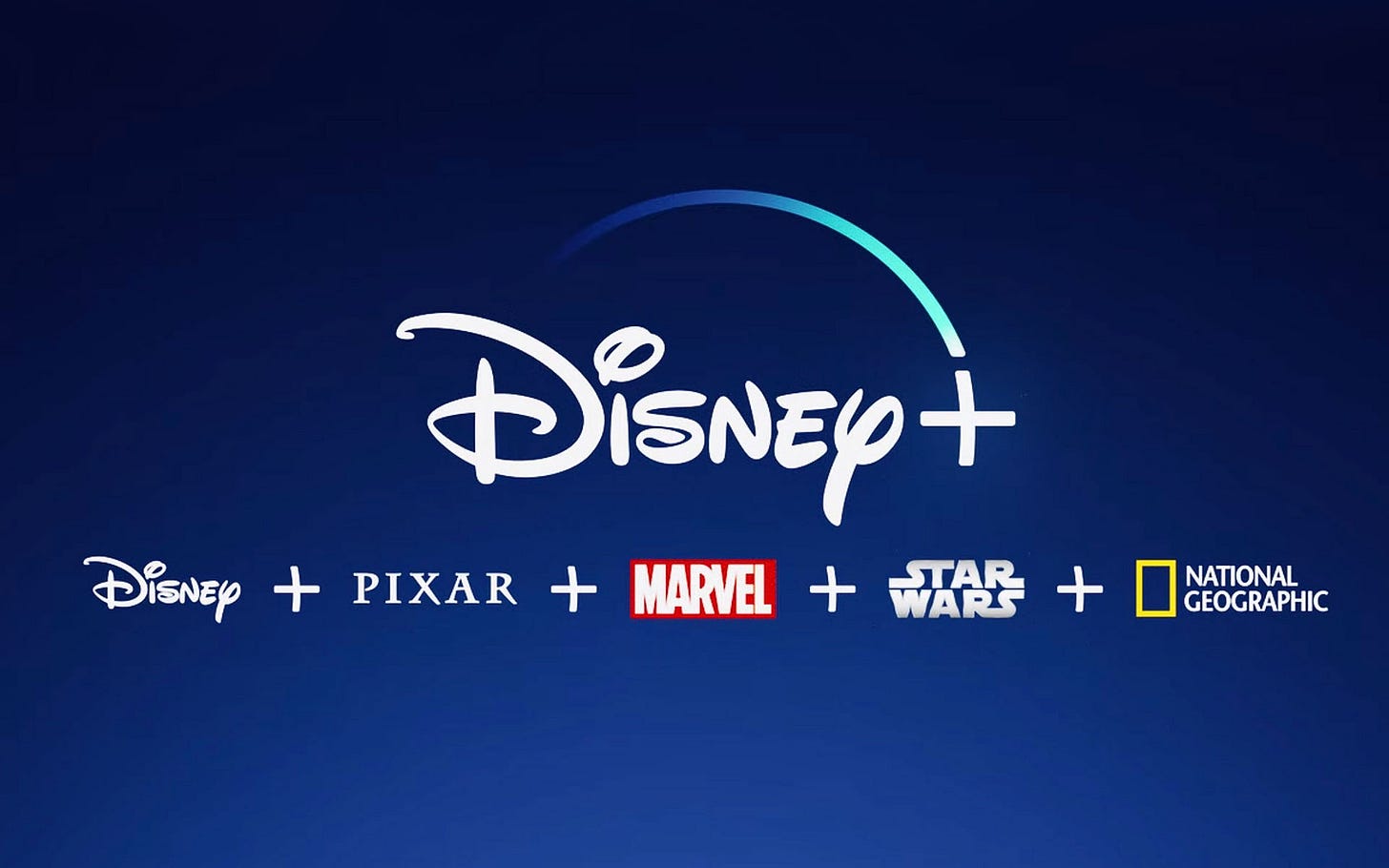Disney Plus continues to impress but… for how long?
As movie theatres re-open all around the world, new challenges lie ahead for the House of Mouse

It's no secret that the COVID-19 pandemic helped all entertainment streaming services grow their respective userbases faster than they'd otherwise manage to do under normal circumstances. But while Netflix mostly failed to really make the best out of a bad situation, Disney did not, scoring no less than 116 million subscribers for its Disney Plus service in less than 18 months. To put this into perspective, one only has to recall Disney Plus approaching 58 million subscribers last summer: its userbase practically doubled in a year.
What's more, although Disney Plus's growth rate did seem to slow down significantly during the previous quarter (9 million subscribers versus 20 million the last quarter of 2020), in the most recent one it rose again to 12.5 million, suggesting that there's plenty of room for more subscriptions in the countries that Disney Plus is available. It's no coincidence, though, that during this quarter there were a number of high-profile movie releases, such as Black Widow, Cruella, Jungle Cruise and Luca that Disney Plus subscribers had access to (as well as the successful Marvel Loki TV show).

This very fact brings into sharp focus the problem Disney Plus will be facing from now on: highly desirable content of this caliber will not be possible to appear on the service without hurting Disney's cinema ticket sales anymore. Many movie theatres have resumed operation around the world, even with protective measures in place, and every AAA Disney film for the rest of 2021 and beyond - such as Free Guy, Shang Chi and the Legend of the Ten Rings, The Eyes of Tammy Faye, The Last Duel and Eternals among others - will be released there first. No major simultaneous releases for Disney Plus Premier Access anymore: the company's official stance is that hybrid releases will be decided on "a case per case" basis now, but it seems that a 45-day window between theatre and living room will be the rule moving forward.
This approach can lead to other problems: a fair share of Disney Plus customers probably subscribed because of those heavy-hitters in the first place. From Hamilton and Mulan to Soul and Raya and the Last Dragon, movie lovers added Disney Plus to their list of subscriptions in 2020-2021 expecting that they'll have home access to Disney's film output one way or another. This proved to be true until the end of this past July, but not anymore. If it is mainly Marvel and Star Wars TV shows that will be appearing fresh on Disney Plus, and the 45-day window between Disney's theatrical and living room film releases holds, it's far from certain that consumers interested in movies - and new movies at that - will keep their subscriptions active. Not while it's so easy to unsubscribe and re-subscribe, not while there's now fresh film competition from services relying on e.g. Warner or Paramount output.

Disney's mission, in other words, now that hybrid releases are not at the heart of its strategy anymore, is not just adding new subscribers to Disney Plus every quarter, but also keeping existing ones on board. That may not be as easy as it seems. On the other hand, the company may not really be concerned about all this for now, as it will still be expanding to new markets for at least another year, probably for longer. Disney Plus will become available to South Korea, Hong Kong and Taiwan in November, while Eastern Europe, parts of the Middle East and South Africa will follow in the summer.
It will be interesting to see whether Disney's subscription service manages to add enough millions of customers to its userbase to finally threaten Netflix (now approaching 210 million subscribers worldwide) by this time next year. It's unlikely, yes. But if there's one company that could pull this off, it's Disney.


